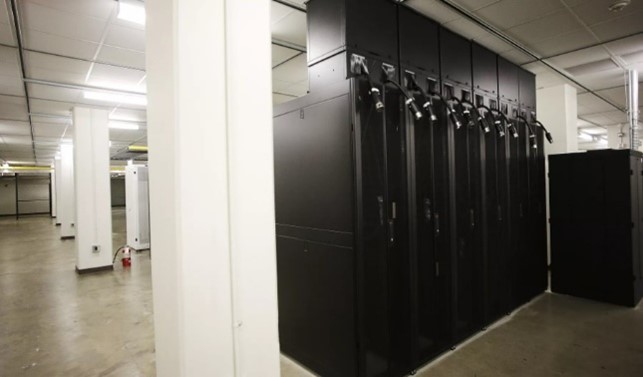
Europe Faces Energy Challenges as Data Centre Investments Soar by 168%
Data centre investment in Europe has surged by 168% this year, according to new research by Knight Frank, a global real estate consultancy. As demand for artificial intelligence (AI) grows, so does the need for energy-intensive data centres, raising concerns for the European Union.
London, Paris, and Frankfurt are Europe's key data hubs. London recently secured a new £8 billion (€9.5 billion) investment from Amazon's cloud computing division, AWS, to expand data centres in the UK. Meanwhile, Microsoft and Amazon also announced significant investments in data centres in France and Spain earlier this year.
Data centres, which house vast computer systems and store high volumes of data, are crucial for AI development but consume large amounts of energy—most of which comes from fossil fuels. Cooling these centres further increases their energy requirements. The International Energy Agency (IEA) predicts global data centre energy consumption could reach 1,000 terawatt-hours annually by 2026, equivalent to Japan's total electricity usage.
Europe is home to 16% of the world's data centres, and their electricity consumption is expected to rise from under 100 terawatt-hours in 2022 to nearly 150 terawatt-hours by 2026. The EU is implementing measures to address the environmental impact, including a new sustainability rating system for data centres. By 2039, data centres could consume more than 3% of the EU's total energy if growth continues unchecked.
While some tech companies are exploring alternative energy solutions—such as Google's use of AI to reduce cooling energy by 40% and NVIDIA's more energy-efficient processors—the majority of data centres still rely on fossil fuels.
The EU is now awaiting reports from data centres detailing their energy and water usage, as part of efforts to reduce their environmental footprint.